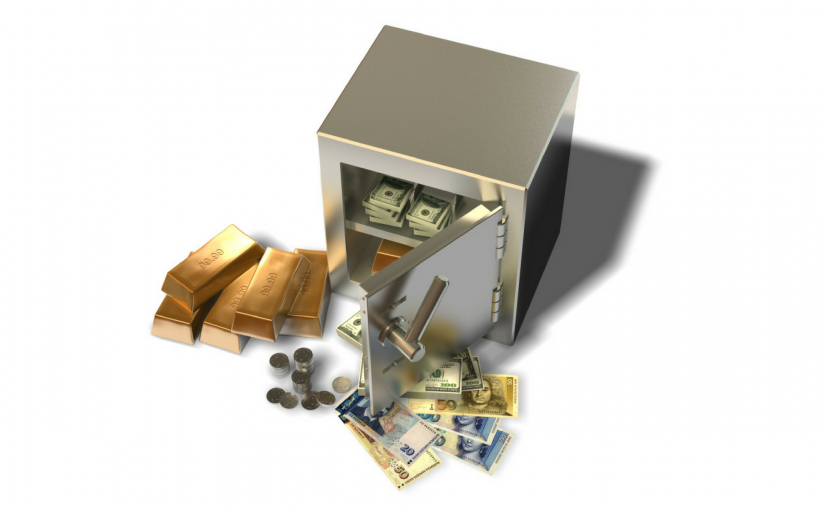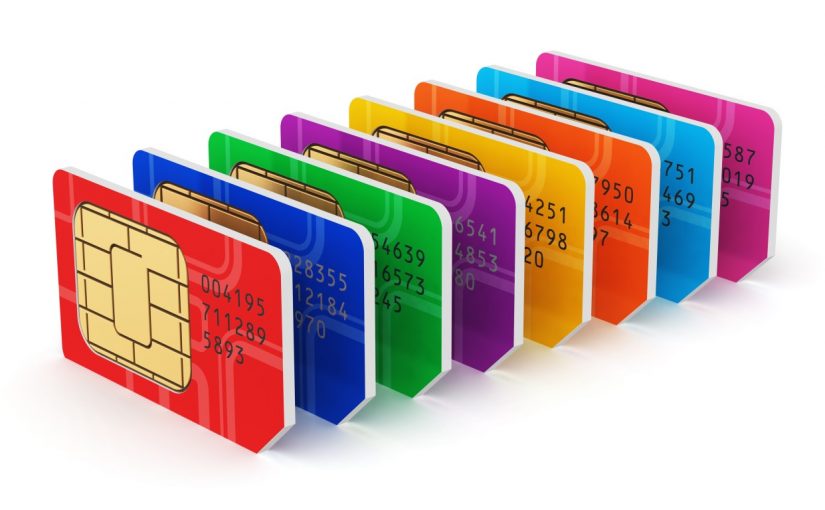This post may contain affiliate links please read our disclosure for more info.
Image credit: https://tableforchange.com/
If you are going to be successful achieving your financial goals it is essential that you have the right money mindset. You may be thinking, what does that even mean? In broad terms, A money mindset is your attitude to money, how do you feel about money? What are your emotional reactions to the subject of money? We are all a product of our environments, if you grew up in a mansion with servants waiting on your every whim, you are likely to have a different money mindset to someone who grew up without wealth or many material items.
Your money mindset is given its ‘default setting’ by your parents. If they struggled with money and always mentioned it in the context of having bills to pay or needing more of it, you are likely to have developed a scarcity mindset around money. You may feel that you never seem to have enough money or that saving for the future is not possible with your current circumstances.
Money Mindset
It’s important that you take time to assess your own beliefs around money. Make a list of any beliefs that you have around money and assess them. The opposite to a scarcity mindset is an abundance mindset. It was Stephen Covey who created the term ‘abundance mindset’ in his book, 7 Habits of Highly Effective People People . People with an abundance mindset believe that there are enough resources (including money) for them and others to share.
Fortunately, money mindsets can be changed, you can transform from a scarcity mindset to an abundance mindset if you work on changing your beliefs around money. This is important because a person with an abundance mindset will be more likely to stick to their financial plans and achieve their goals. Also, they will be less likely to self sabotage.
My objective with this post, is to move you closer to an abundance mindset if you don’t have one already. Following the steps below will help you get there.
Gratitude
Create the habit of expressing gratitude for all that you have, do this on a regular basis. You have a roof over your head and the ability to buy all the food that you need. No doubt you have the love of family and friends and the opportunity to live in a relatively peaceful environment. In many parts of the world, people would love this to be true for them too.
Positive Affirmations
Make a list of positive affirmations that you can recite on a regular basis. The impact of these will be to focus your mind on positivity. You will be able to overcome the obstacles that the day or week may throw at you. For most problems that you face, a positive mental attitude is part of the solution. You must believe in yourself and then act in a way that is consistent with your belief.
Evaluate Wants and Needs
It should be relatively straightforward to evaluate your financial needs and wants. This post will help you, How to Create a Budget That You can Stick To. An abundance mindset does not mean that money will magically appear but that there will be enough for your needs and the needs of others too.
Think Practically About Money Making Opportunities
An abundance mindset should be rooted in the practical, don’t make the mistake of thinking that it is all touchy-feely. Think about practical ways in which you can make more money; perhaps you could sell unwanted items, this post will help you think of ideas, 10 Ways to Make Money Now. If you own a business, you could make more money by finding new ways to attract customers. Hopefully you are now becoming aware of the many opportunities that are open to you.
Personally, I am using this blog to keep me executing best practice with regards to personal finance. We should all become more intentional about our financial decisions and creating an abundance mindset will definitely help us on our journey towards financial freedom. I hope that you will take the journey with me.
One belief that I have had to unlearn was the belief that money has to be earned as a trade off for time. I now know that it if you create massive value for a large number of people you can be rewarded far in excess of anything you could earn as an hourly rate or salary. Good examples of that are authors, musicians or online course instructors. They create abundance for themselves but only complete the work once and then continue to be paid for it. Before they created anything, they had to believe it was possible and to adopt an abundance mindset.
Have you had to consciously change your money mindset because of limiting beliefs? How do you feel about money now? What changes have you experienced? Let me know in the comments section below.
If you have enjoyed this post you will also like the following posts:
What to do with a Financial Windfall
Why you Should Track Your Net Worth
Have you saved Enough into Your Pension?
Are you and Your Partner Financially Compatible?
What are the Best Savings Accounts for Children?
How to Teach Your Children About Money
How to get Value for Money When Buying Foreign Currency
Save up to £500 Per Year With a Sim Only Mobile Phone Deal
What’s the Best Strategy for Clearing Debts?
What are the Different Types of Savings Accounts?
My aim with each blog post is to help you move to a better financial future. I believe that there is not enough financial education in the national curriculum and I intend to share anything helpful that I have learned along the way. I am by no means a financial expert. None of the information on this website constitutes financial advice and is provided as general information only. This is my personal finance blog; my marketing blog is over here and I have been blogging there since 2010. I hope you have found this information useful. Thank you for reading.
Best regards,
Mike























